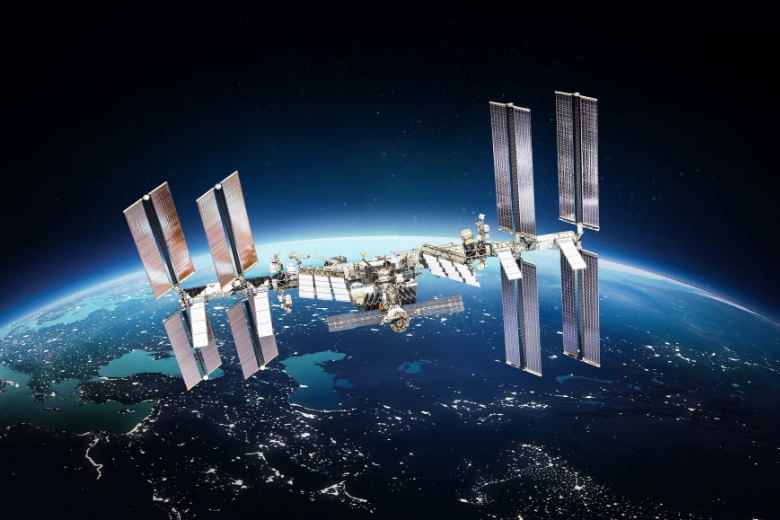The Education Ministry of Saudi Arabia has decided to include earth and space sciences in secondary school curricula beginning with the next academic year. The announcement comes after two Saudi astronauts returned from a 10-day expedition to the International Space Station (ISS).
The decision to educate students about earth and space sciences intends to encourage positive attitudes towards space science in accordance with best international practices in curricula, and scientific and national standards, with Ministry stating: “The book on the earth and space sciences will enable students to develop their abilities in nature and applied sciences at the secondary school stage.”
Saudi astronaut Rayyanah Barnawi became the first Arab woman to go into to space
The new syllabus includes an introduction to the world and space, as well as an examination of the relationships between the earth, air, space, water, and living organisms and their connections to key natural events such as solar and lunar eclipses and moon phases.
The Ministry said the launch of the new subject is part of its “keenness to cope with aspirations and future objectives”, ensuring the Kingdom’s internationally competitive citizens upgrade their education in order to keep abreast of world changes, future requirements, and labor market needs.
Saudi biomedical scientist Rayyanah Barnawi recently became the first Arab woman to go into space, joining the male Saudi astronaut Ali Al Qarni and two US colleagues in reaching the International Space Station (ISS). During the trip, they conducted a multitude of research studies and experiments, including interactive scientific experiments with Saudi high school students via satellite linkage.

